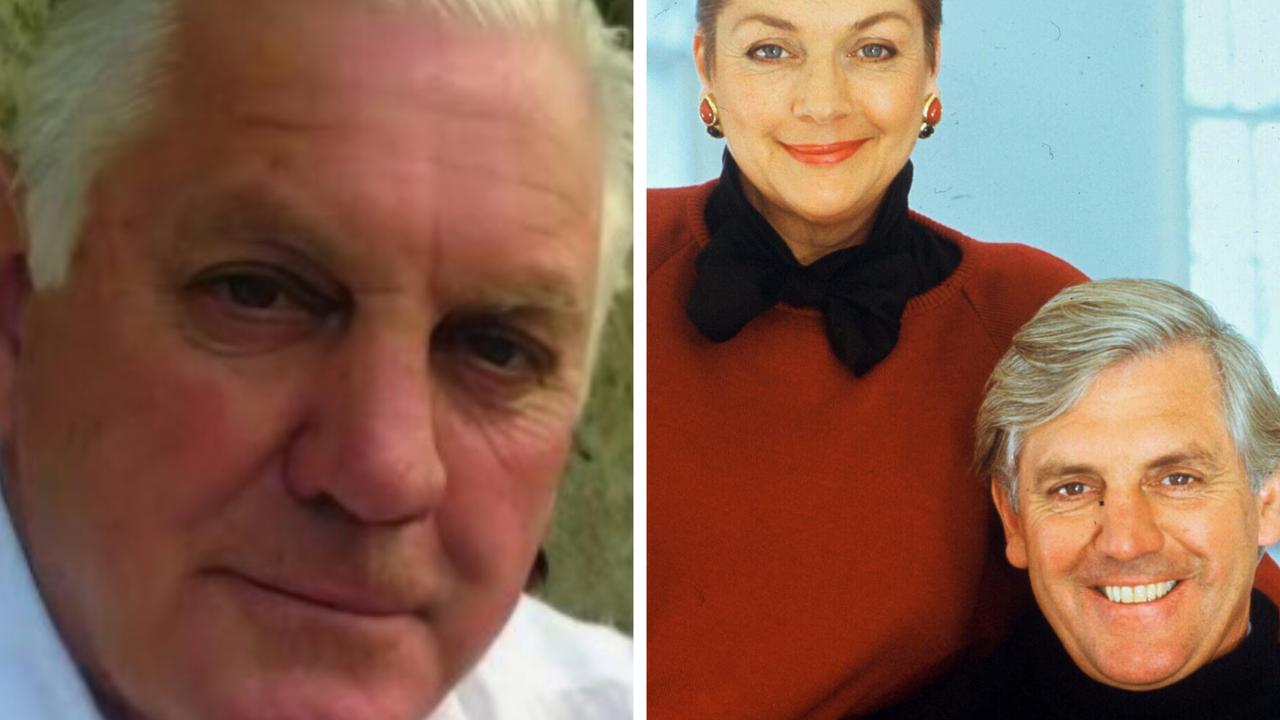Australia’s new anti-doping chief to use contacts to combat organised crime targeting our sports
ASADA is out to prove it’s more than just a urine sample collection agency with a new priority target in the fight to clean up sport.

National
Don't miss out on the headlines from National. Followed categories will be added to My News.
AS he sits in his expansive office in the industrial estate of Fyshwick in Canberra’s south, David Sharpe nods toward his desk where a number of well-used contact books sit.
“There’s many contact books, the one’s I can produce and the one’s I can’t,” he says grinning.
“But for me now it’s about leveraging all those contacts I’ve made over 30 years and saying ‘hey what can we do together here?’”
Sharpe has been one of Australia’s most experienced law enforcers with a career that has seen him co-ordinating the fighting of drug cartels in the Colombian jungles through to providing a personal briefing on organised crime to Pope Francis.
In between, the former Australian Federal Police assistant commissioner has also led the AFP’s counter-terrorism operations, its serious and organised crime group, co-ordinated Australia’s global crime fighting missions from Washington, overseen aviation security and protection for dignitaries including the prime minister.
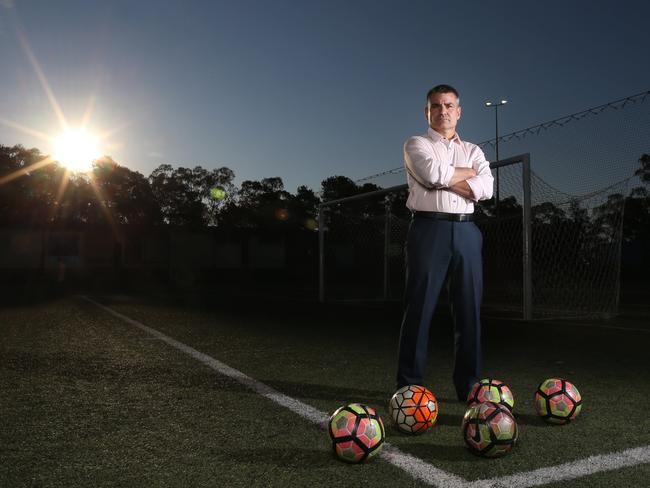
But now as head of the Australian Sports Anti-Doping Authority (ASADA), Sharpe is set to pull together those experiences and contacts as he stands at the forefront of what will be the biggest shake-up in Australian sports in recent years.
It is aimed at weeding out corruption and drugs with greater responsibility for deterrence, detection and enforcement and potentially a national tribunal with enhanced powers equivalent of a royal commission.
The Federal Government will later this month formally decide the make-up of its new national sports tribunal and direction of agencies to ensure clean sports but Sharpe is wasting no time.
After just two months in the ASADA chair he is already looking at strengthening engagement with law enforcement including the Australian Taxation Office, the AFP, Australian Criminal Intelligence Commission (ACIC) and Australian Border Force to exchange information and combat the targeting of athletes and codes by organised crime groups, betting syndicates and even Mexican and Chinese gangsters.
RELATED: Crime bosses use drugs, hookers and gambling to infiltrate NRL
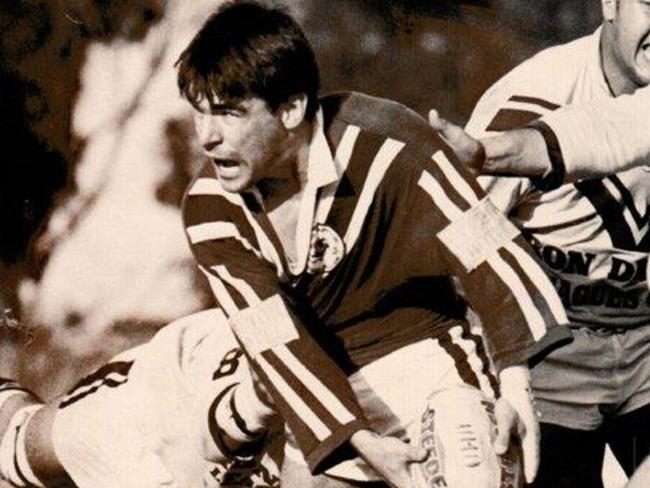
He is also moving to engage law enforcement from the United States including contacts within the powerful Drug Enforcement Agency (DEA), Europol and police and sporting groups in China to fight for integrity in sport.
In an interview with News Corp Australia, Mr Sharpe said much of the performance enhancing drugs coming into the country were being shipped by organised crime groups notably in China and South America as part of larger hauls of illicit substances and narcotics such as ephedrine, MDMA and cocaine.
There were 7000 performance enhancing drugs seized at the border last year, many of those linked to narcotic shipments.
“Organised crime will move anything if there is money in it,” he said.
“We have to be looking at supply chains and vulnerabilities, it doesn’t matter what the commodity is.”
The 50-year-old avid sportsman said he understood why many talked about the cost of narcotics like cocaine and ice to the community but argued performance enhancing drugs were equally costly to health and the economy.
He said through stronger partnerships and intelligence sharing with law enforcement and other agencies, ASADA could target its probes to identify possible weaknesses in the supply chain of the drugs. Exploiting those weakness would assist all agencies given the same groups are trafficking the different products.
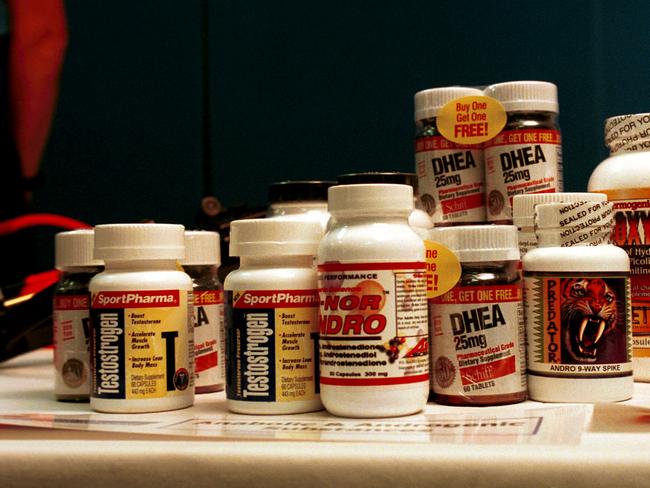
Mr Sharpe said he had to reverse the perception that performance-enhancing drugs were less of a priority.
“The way to do this is to ask ‘well what are the health impacts of those 7000 seizures hitting the street?’ It’s to get greater buy-in into all these agencies, why it is we need greater engagement, why it is that there is a role for the AFP, ABF, tax (office) to enhance intelligence for all of us.”
Mr Sharpe, a former Canberra Raiders rugby league player and manager, said his other priority was education at all sport levels.
“It’s about getting the right messaging to athletes which is not ‘oh here is ASADA again to give us the standard tick-the-box’.”
Rather, it is “how do I engage medical professionals, looking at universities, looking at educators, how do I engage them to tell me how to get through young and older athletes to tell them what they are putting in their body is not going to have the desired impact? It might have this impact for now but what’s the health impact?”
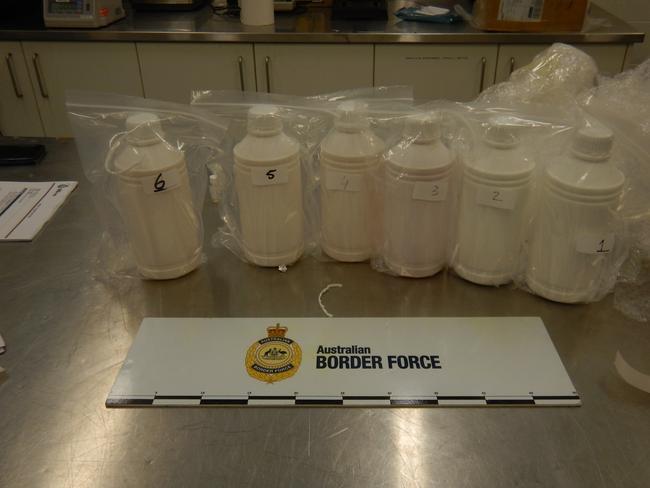
An intergenerational review of Australian sport this year for the Australian Sports Commission (ASC) warned on current trend, the nation was transitioning from a rich tradition of participation to a country of passive sport consumers. Falling rates of participation among children particularly was noted.
Mr Sharpe, signed to ASADA for five years, said enhanced engagement with the codes was a priority to have clean sports that are attractive to parents and kids.
“The key is if we don’t do it together you can forget it,” he said.
“If we are not all joined up you can forget it, organised crime will pick a hole and they will dive into it. If we don’t join up and give messaging to the athletes and kids, the mother and fathers with their four and five-year-olds aren’t going to put their kids into sports.
“If the codes don’t clean the code up … with limited resources and budgets continuing and priorities, I’ve got to make it worth people’s while to invest in ASADA and that’s my job to go forward ... using my contacts.”
Originally published as Australia’s new anti-doping chief to use contacts to combat organised crime targeting our sports


